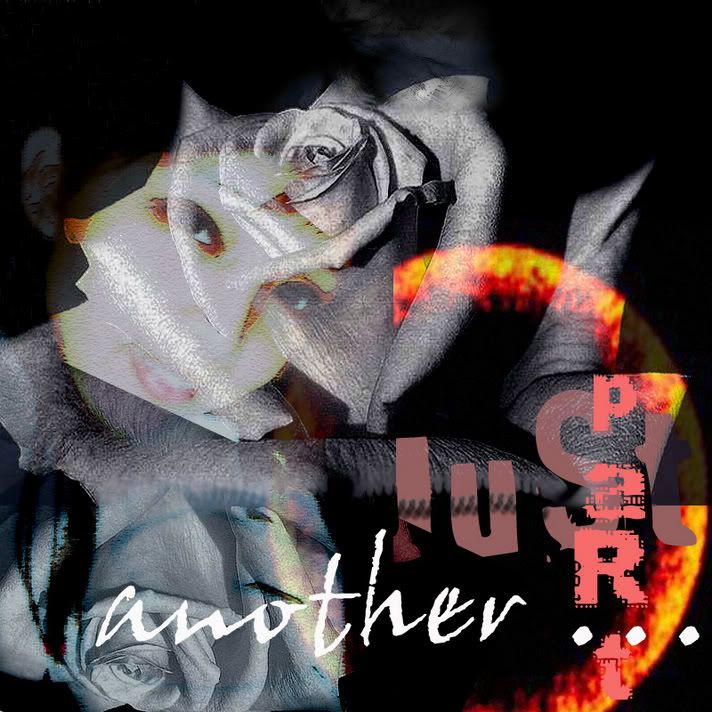Ever thinking about how come a week is consist of 7 days?
Practical geometrical theories:
If you wrap a rubber band around 7 soda cans (or any other convenient circular objects). You get a perfect hexagon with the 7th can in the middle. It is the only stable configuration of wrapping more than 3 circular objects. Four, 5, and 6 objects will slip from one configuration to another. Ancients wrapping tent poles, small logs for firewood, or other ciruclar objects might have come upon this number and attach a mystical significance to it.
One viable theory correlates the seven day week to the seven (astrological) "planets" known to the ancients: Sun, Moon, Mars, Mercury, Jupiter, Venus, and Saturn.
The number seven does not seem an obvious choice to match lunar or solar periods, however.
A solar year could be more evenly divided into weeks of 5 days, and the moon phases five-day and six-day weeks make a better short term fit (6 times 5 is 30) to the lunar (synodic) month (of about 29.53 days) than the current week (4 times 7 is 28).
The seven-day week may have been chosen because its length approximates one moon phase (one quarter = 29.53 / 4 = 7.3825).
Ever thinking if there is another system that different with our 7 days a week?
Try to think of this:
If you define a "week" as a 7-day period, obviously the answer is no. But if you define a "week" as a named interval that is greater than a day and smaller than a month, the answer is yes.
Do you know ancient Egyptians used a 10-day "week".
And Maya calendar uses a 13 and a 20-day "week".
There is a story about monday, the words monday gets it names from the Moon, which in turn gets its name from Mani (Old English Mona), the Germanic Moon god (Wikipedia).
Similarly, the names in Latin-based languages such as the Italian name (Lunedi), the French name (lundi), the Spanish name (Lunes), and the Romanian name (Luni) come from the Latin name for Moon, luna. The Russian word, eschewing pagan names, is понедельник (poniediélnik), meaning "after Sunday." In most of the Indian Languages, the word for Monday is Somvar, with Soma being the Sanskrit name for the moon. The Japanese word for Monday is getsuyōbi (月曜日) which means day of the moon.
Monday is held to be the first day of the week. This is the case in most of Europe, parts of Africa, South America and Australia. In Asia – because the western calendar system was introduced only during the 20th century – many languages refer to Monday as the "day of the beginning". For example, Monday is xingqi yi in Chinese, meaning day one of the week. The international standard, ISO 8601, defines Monday as the first day of the week.
But according to the Judeo-Christian count, Monday is the second day, the first being Sunday. This is also the standard format in Canada and the United States. Its name in Arabic, Armenian, Georgian, Greek, Hebrew, Persian, Portuguese and Syriac means "second day". Quakers also traditionally refer to Monday as "Second Day" eschewing the pagan origin of the English name "Monday". For similar reasons the official liturgical calendar of the Roman Catholic Church refers to Monday as "Feria II". (The Portuguese name for Monday reflects this, as do all the days' names except Saturday and Sunday: the Portuguese word for Monday is segunda-feira.)
In some state in Malaysia (Kelantan) also make monday as the second day in a week, so sunday is their first day in a week.
Modern culture usually looks at Monday as the beginning of the workweek, as it is typically Monday when adults go back to work and children back to school after the weekend. Thus, Mondays are often seen as a misfortune. In Middle Eastern countries, however, the beginning of the workweek is usually Saturday (Thursday and Friday are observed as the weekend). In Israel, Sunday is the first day of the workweek. Friday is half a work day and Friday night and Saturday are the Sabbath.
In the folk rhyme, "Monday's child is fair of face".
It is Monday when commodity markets add or subtract weather premium, hence the nickname Weather Market Monday.
In Thailand, the color associated with Monday is yellow.
Why people always hate Monday?

I say: because it is first week in their country where the first week to work/ go to school / attending classes../ or what so ever, where their weekend haven't been enough breaks for them..




0 comments:
Post a Comment